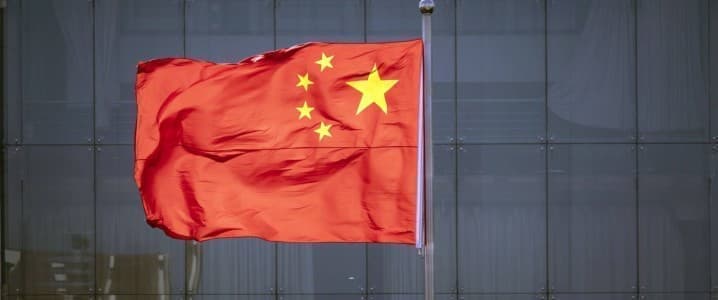In the three decades since the collapse of the Soviet Union, the Russian Federation and China have pursued divergent interests in post-Soviet Central Asia, as Moscow seeks to retain its influence even as Beijing’s “soft power” grows, underpinned by its dynamic economy. In a recent sign of the latter, Chinese President Xi Jinping, in his congratulatory Nowruz message on March 21 to Tajikistani President Emomali Rahmon, announced that China was preparing a “grandiose plan” for upgrading relations with Central Asia, stating, “The new plan will be presented at the first China–Central Asia summit in Xian in May.” Xi also sent a similar message to Uzbekistani President Shavkat Mirziyoyev (Vzglyad, March 28). While Russian influence in the post-Soviet Central Asian states continues to decline overall as a consequence of its misadventures in Ukraine, the region remains a critical source of hydrocarbons as well as a critical transit point for Beijing’s Belt and Road Initiative in supporting China’s rising economic interests there. This in turn has caused Beijing and Moscow to tussle covertly to increase their own regional hegemony at the expense of the other.
Since Russian President Vladimir Putin began his ill-advised “special military operation” against Ukraine a year ago, China has taken advantage of Russia’s rising wartime distraction by discreetly attempting to increase its influence in Central Asia, far from the front lines. Beijing can now offer Central Asia what Russia cannot—that is, massive potential foreign direct investment (FDI). In contrast, the Russian Federation’s main economic contribution to Central Asia is now primarily serving as a destination for the region’s economic migrants, whose remittances continue to form a significant part of Central Asia’s economies.
On February 16, Xi sent a message to the participants at the First China–Central Asia Forum of Industrial and Investment Cooperation, convening for three days in Tsingtao, in which he reaffirmed China’s readiness to expand economic ties as well as industrial and investment cooperation with the countries in the region. The largest economic enticement offered by Xi was not only access to China’s massive market but also its highly developed industrial system and advanced technologies to deepen business cooperation in achieving mutually beneficial results and promote the qualitative development of the Central Asian economies (Vzglyad, February 16). The Chinese enticements appear even more alluring in light of a lack of similar proposals from Russia.
China’s increasing influence in Central Asia has benefited from Putin’s faltering Ukrainian campaign. At the outset of his war against Ukraine, the Russian president apparently believed not only that Russia had preemptively infiltrated and undermined Ukraine’s government but also that a majority of the Ukrainian populace opposed Volodymyr Zelenskyy’s government and favored a closer relationship with Russia (Kyiv Post, September 23, 2022). Nevertheless, if that did not occur, then the Russian military was capable of a quick, decisive and overwhelming “shock and awe” strike on Ukraine, which would produce a Kremlin-triggered “color counter-revolution” regime change. Yet, none of these expectations came to pass. Instead, the “special military operation” has produced a hemorrhaging of Russia’s military and economic resources with no end in sight—lessening Moscow’s ability to project influence throughout the post-Soviet space.
A number of key statistics, in contrast, chronicle China’s consistently rising economic influence throughout post-Soviet Eurasia. According to official Chinese government data, in 2022, China’s trade with Central Asia totaled $70.2 billion, an increase of approximately 40 percent as compared to 2021 and 100 times the level of trade directly following the fall of the Soviet Union in 1991, when the newly independent Central Asian nations officially established diplomatic relations with China (Orient.tm, February 16).
While Russia and Central Asia have historically had the most powerful economic, political, linguistic, cultural and military ties, Beijing’s prosperity, which it is willing to share a portion of with “friends,” coupled with the lack of an overt imperialist political agenda generate an increasing gravitational pull for the Central Asian states away from their previous “status quo” relationship with Russia.
As for the future, in November 2022, Xi declared at the Asia-Pacific Economic Cooperation summit in Bangkok that “China will consider hosting the Third Belt and Road International Cooperation Forum next year to give a new impetus to the development and prosperity of the Asia-Pacific region and the world” (RIA Novosti, November 18, 2022). Furthermore, on March 7, Foreign Minister Qin Gang announced that, along with hosting the Third Belt and Road International Cooperation Forum, China would also host the first China–Central Asia summit later in the year (Newscentralasia.net, March 7).
With no seeming end to Russia’s misadventures in Ukraine, it is difficult to see what Putin can offer Central Asia in the short term to counter Xi’s upcoming “grandiose plan,” particularly if it comes laden with significant Chinese FDI.
Source: oilprice















